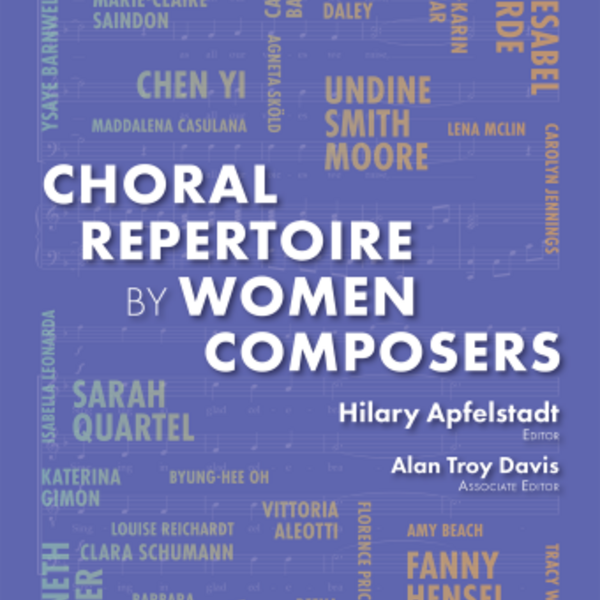
Research Story: Michelle Assay
Michelle Assay is a multifaceted individual whose story is a testament to resilience, creativity, and what she aptly describes as “a product of saying no to predestination.” Currently a Postdoctoral Fellow at the Faculty of Music, University of Toronto, Assay leads the project entitled WOMUSIRAN (Women and Western Art Music in Iran), supported by the prestigious Marie Curie/UKRI Global Fellowship, in partnership with King’s College London and Intangible Cultural Heritage, UNESCO. Born in Iran, Assay grew up in the immediately post-Revolutionary Iranian society, where she was exposed to the oppressive official controls and female social segregation. Despite the heavy limitations on all aspects of life including, in particular, music, Assay developed an insatiable love and passion for classical music.
After years of ongoing challenge and having been accepted at a prestigious University to study Electronics in Tehran, Assay finally decided to leave Iran in 1997, in order to pursue her dream of studying music professionally and away from the regime-enforced limitations. Her first stop after leaving Iran was Ukraine, where she enrolled in a piano performance and pedagogy program at the National Tchaikovsky Conservatoire of Music in Kyiv. Despite the Conservatory education's focus on performance, she developed a curiosity for the nature, history and context of music that she was playing. This later led her to pursue musicology. Following a two-year attempt to settle in Toronto as a landed immigrant when she studied acting and appeared in several plays, she moved to Paris in 2004 to study musicology at the Université de Paris Sorbonne. Her Master's research focused on the musical dialogue between the Russian composer Dmitri Shostakovich and the Polish-born Jewish composer Mieczysław Weinberg, whose life experiences of facing totalitarianism and exile deeply resonated with her. Since then she has also been collaborating on two book projects on Weinberg, a collection of essays derived from the Weinberg centenary Conference in Manchester UK (2019) and a major life and work volume. While studying for her degree, she noticed that Sorbonne's program of musicology was predominantly theoretical. Hence she sought a solution to fill the gap left by the lack of hands-on engagement with music-making. A fateful encounter with Carine Gutlerner, a Paris-based Belgian pianist and piano teacher played a pivotal role in keeping the connection between her academic and musical lives alive in meaningful ways.
For her PhD at Sorbonne in co-tutelle with the University of Sheffield, Assay decided to combine her passion for music with her love for theatre, as inspired by her experience watching a film adaptation of Shakespeare's Hamlet in an underground cinema in Iran. In her dissertation titled "Hamlet in the Stalin Era and Beyond: Stage and Score," she examined, through extensive archival research, the interplay of music and censorship in Soviet interpretations of Shakespeare’s tragedy during Stalin's rule. She has since expanded her research into a book, due to be published by Routledge. After completing her PhD, Assay was awarded the Leverhulme Early Career Fellowship at the University of Huddersfield in 2018. Her research, which included examining censorship in the Soviet Union and other regions like Georgia and Armenia, was interrupted by the COVID-19 pandemic, preventing her from conducting fieldwork.
The challenging period of prolonged restrictions during the pandemic led Assay to reflect deeply on her personal and professional journey. This brought her back to her roots and her interest in the history of the introduction and development of Western Art Music in Iran in late 19th century/early 20th century to its re-emergence and survival following the post-Revolutionary restrictions. Noticing a gap in scholarly research on the subject, she applied for and received the Marie Curie postdoctoral research fellowship to pursue this topic at the University of Toronto, in partnership with King's College London (UK). Toronto offered an ideal location for her research, not least thanks to the city's large Iranian community.
WOMUSIRAN aims to explore how Western art music has persisted and evolved in Iran. It considers in particular the challenges faced by women, such as an effective ban on female solo voice, as they face gender-based restrictions and segregation. Assay’s project examines the intersection of Western and Iranian music, and explores the impact of political events, like the 1979 revolution, on Iran's Western art music scene. The WOMUSIRAN website is a key deliverable of the project and serves as a resource containing articles, interviews, and a database related to women and Western art music in Iran. Assay documents the evolution of the Iranian music scene, showcasing innovative forms like “puppet operas,” where the restriction on solo female voice is circumnavigated through the use of puppets instead of live singers. Such research endeavour is not without its challenges and obstacles. Accessing archives of Western art music in Iran, particularly those from before the revolution, has been difficult, with many key materials either missing or held by individuals often unwilling to share them. Assay stresses the importance of collaboration and knowledge-sharing in musicology, recognizing that the scope of the WOMUSIRAN project is too vast for one person to manage alone.
During the course of her career, Assay has taught at seven different institutions. She notes that student demographics can vary significantly between universities, with some students facing financial pressures and others requiring more intellectual stimulation. This variability has taught her the importance of adapting her teaching approach to meet the needs of different students. Assay has published in both academic journals and public-facing magazines, with her article “'The rumble of continuing life': Kozintsev’s Hamlet and its distorted reception” winning an award for best article about Shakespeare on Screen.
Assay is also working on an ambitious side project, which emerged from discussions at various conferences where she noticed that other music scholars and practitioners were exploring how different cultures have appropriated Western art music. Rather than focusing solely on classical music’s links to imperialism and male domination—though she acknowledges these aspects—she is interested in how Western art music serves as a site of cultural contact and encounters (not always happy ones). Assay's goal is to study these sites and their hybridity, and build a network of scholars interested in Global Western Art Music.


